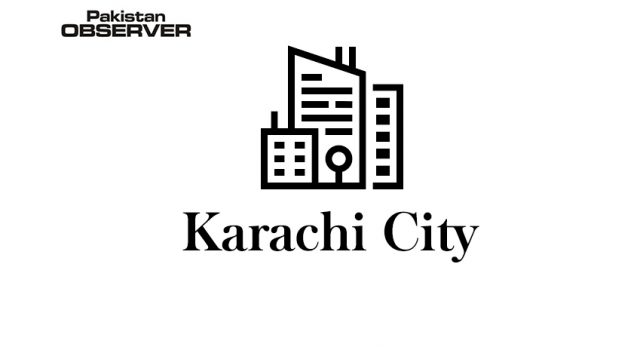A group of Karachi’s leading doctors on Wednesday painted a sobering picture of the on-the-ground realities faced by frontline workers in the fight against the coronavirus.
Urging the government and religious leaders to continue to abide by recommended precautions instead of easing restrictions, they warned a point will otherwise come when they will have to choose between one of two patients to save.
Addressing an emergency press conference at the press club, Dr Saad Niaz. a gastroenterologist at the Dow University of Health Sciences, said that it was important to remember the outbreak is foremost a health issue.
“This is a medical problem which [of course] has its resulting economic and social effects. But we need to understand that this is nonetheless primarily a medical issue.” “From April 16 to April 21, we went from 6,772 patients to 9,464 patients, which is a near 40% increase […] an increase by 2,692 patients. If you count patients from February 25, we took time in reaching 2,000 patients,” he said.
Dr Niaz regretted that there was unfortunately the impression that this is not as serious an issue in our country as in other countries. “The reason for that is our testing capacity, which is an issue that will remain,” he said. Warning against such impressions, he said: “This is not true at all. All of us doctors think the numbers are higher and will continue to rise.” “Some people thought that because we live in the sub-continent, [coronavirus] won’t affect us and if it does affect us, it won’t be as severe.” “We have not even peaked yet. So it is very important to bust all these myths,” said Dr Niaz.
“If we hadn’t placed the country under a lockdown, then the situation would have been different. Similarly, if we don’t act now, two weeks down the line, the situation will be very different.” Dr Abdul Bari, who is the CEO of Indus Hospital, said that after the lockdown was eased on April 14, doctors had vehemently protested against the decision.
“We thought that a lockdown of at least two incubation periods would take place and that would show some positive signs,” he said.
He said that the arrival of Ramazan, which had prompted the government to review the measures taken and subsequently ease restrictions, had resulted in a surge in cases. “This led to great anger and stress in the doctor community as they are the experts in this situation [and must be heard],” said Bari, adding: “All of Karachi’s medical facilities are now almost full to the brim with patients.”
Another doctor regretted the lockdown had been scaled back.










